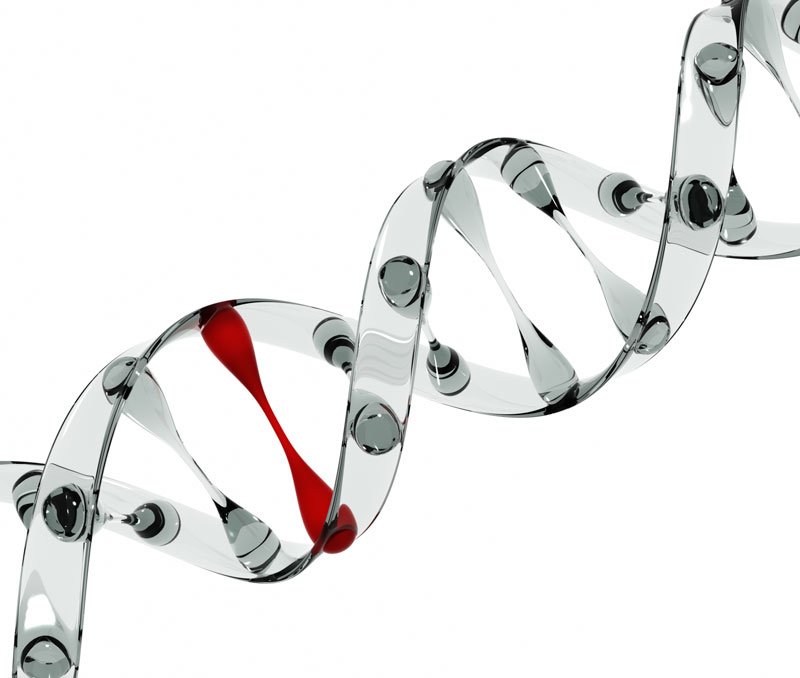Human Reproduction highlights Instituto Bernabeu research work that addresses the influence of mitochondrial DNA on IVF results
Human Reproduction, a scientific journal, has published research work carried out by Instituto Bernabeu that examines whether or not the number of mitochondrial DNA copies (mtDNA) in human embryos can affect pregnancy rates. The clinic is the first to have performed a comprehensive study of embryo mtDNA linked to IVF results analysing the quantity and quality of the mtDNA.
The research examines whether or not the DNA in mitochondria - cell organs that supply most of the energy for cell activity - can have an impact on pregnancy rates after in vitro fertilisation treatment (IVF). The research took into account alternative studies that link high levels of mtDNA to decreased chances of embryo implantation.
Over the course of one year, researchers at Instituto Bernabeu examined mtDNA in 159 embryos (blastocysts) from 142 couples who underwent pre-implantation genetic tests for chromosomal abnormalities (aneuploidies), or PGT-A. The embryos were biopsied on day 5 or 6 and next-generation sequencing (NGS) was used in order to detect aneuploidies. They were all diagnosed as non-mosaic euploidy cells, the mtDNA analysis was performed and they were transferred. The mothers’ average age was 30.7 and 51.56% of the oocytes were donated. Following IVF with PGT-A, 42% of the embryos led to a pregnancy.
The research work showed that the embryos with the highest mtDNA levels had a decreased chance of leading to a pregnancy. It also showed that the women who were over 40 years of age also had higher mtDNA levels than the younger women.
MtDNA could be used as an additional tool for helping to select embryos with the best chances of leading to the birth of a healthy child.
Comprehensive mitochondrial DNA analysis and IVF outcome
B. Lledo 1, J.A. Ortiz, R. Morales, E. García-Hernández, J. Ten, A. Bernabeu, J. Ll. Aparicio, R. Bernabeu









